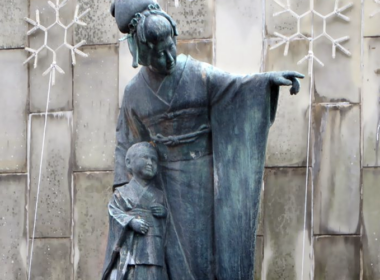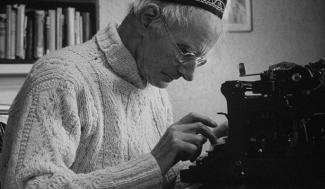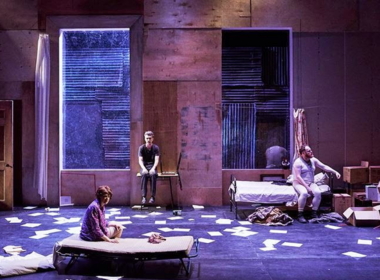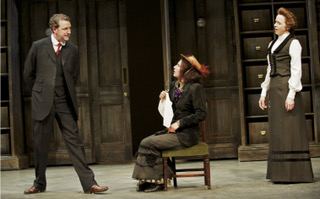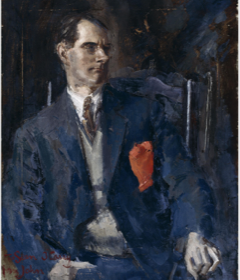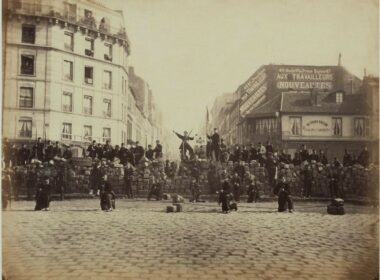Music, poetry, comedy and theatre performances at Connolly Books during December. Leading musicians, comedians and actors will perform live shows in Connolly Books, and its associated New Theatre, every Thursday, Friday and Saturday in December. Launching on the 4th, it is a celebration of the largely youth-driven renaissance in Irish […]
Play
On the centenary of Puccini’s death
Europe in the mid-19th century experienced widespread political upheaval. The Revolutions of 1848, which swept across France, Germany, Austria, Hungary, and Italy, demanded political reform and national self-determination. While most of these revolts failed in the short term, they exposed tensions between conservative monarchies and the bourgeoisie, who pushed for […]
Seán O’Casey
Seán O’Casey was the first English-speaking dramatist of international significance to emerge from the proletariat. One of the recurring themes in his work is that of revolution. While in his early Dublin plays he controversially considered the Irish working class not yet ready for revolutionary change, his later works explore […]
O’Casey and the reality of the Dublin working class
Seán O’Casey—the first proletarian dramatist writing in English—made his theme the struggle for the emancipation of the Irish people and, by extension, of all working people. In Ireland, O’Casey is (unfairly) best known for his first three plays, examining the Irish working class at crucial moments of history. The Shadow […]
On the centenary of The Shadow of a Gunman
Sean O’Casey’s play The Shadow of a Gunman premiered 100 years ago, on April 12, 1923, at the Abbey Theatre. It is set during the War of Independence in a Dublin tenement. Davoren, writer of romantic verse, shares a room with Seumas, a peddler and onetime patriot who has now […]
Shaw sides with working-class women
The immediate social background to George Bernard Shaw’s most famous comedy, Pygmalion (1912), is the growing British women’s suffrage movement at the time. The play is as much about class relations as it is about women’s rights. For Shaw, the two are inseparable. Pygmalion is about practical, intelligent women from […]
O’Casey’s dark comedy
Sean O’Casey’s dark comedy Cock-a-Doodle Dandy (1949) is set in Ireland about 1940 and is rarely performed. Witchcraft is haunting the village of Nyadnanave ever since Marthraun’s daughter by his first wife, Loreleen, arrived from London. A rooster causes commotion and embodies indomitable joie de vivre and rebelliousness. The setting in the backwoods suggests […]
“In future we will turn the guns on you”
As we mark the 150th anniversary of the French proletariat’s heroic first attempt to set up La Commune in Paris, let us examine Bertolt Brecht’s interpretation of this great event in his play The Days of the Commune. The Commune broke out spontaneously on 18 March 1871. War with Germany, hardship, […]


